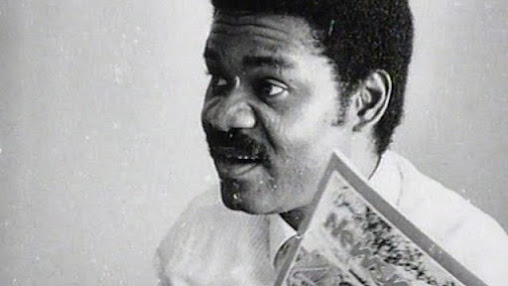By Dan Amor
Today,
Tuesday November 10, 2020, indubitably marks the twenty-fifth anniversary of
the tragic and shocking death of Kenule Beeson Saro-Wiwa and eight of his Ogoni
kinsmen, in the evil hands of professional hangmen who sneaked into Port
Harcourt from Sokoto in the cover of darkness. By his death, the Sani
Abacha-led military junta had demonstrated, in shocking finality, to the larger
world, that it was guided by the most base, most callous of instincts. As a
student of Nigerian history, and of the literature of the Nigerian Civil War, I
am adequately aware that Ken Saro-Wiwa, against the backdrop of our
multicultural complexities allegedly worked against his own region during the
War, the consequences of which he would have regretted even in his grave.
*Ken Saro-Wiwa But I
write of him today not as a politician but as a literary man and environmental
rights activist. We remember him because, for this writer, as for most
disinterested Nigerians, Ken Saro-Wiwa lives alternatively as an inspirational
spirit, and a haunting one at that. Now, as always, Nigerians who care still
hear Ken's steps on the polluted land of his ancestors. They still see the
monstrous flares from poisonous gas stacks, and still remember his symbolic
pipe. Now, as always, passionate Nigerians will remember and hear the gleeful
blast of the Ogoni song, the song Ken sang at his peril. Yet, only the
initiated can see the Ogoni national flag flutter cautiously in the saddened
clouds of a proud land. But all can hear his name in the fluttering of the
Eagle's wing.




















